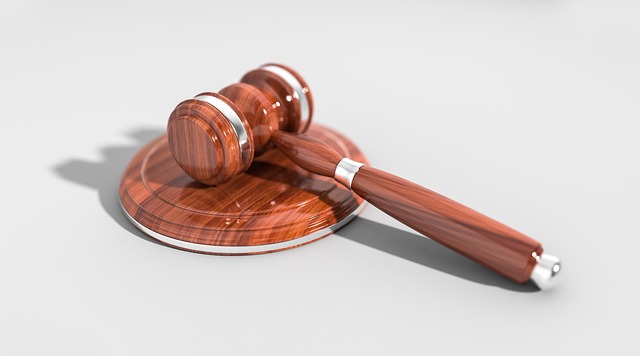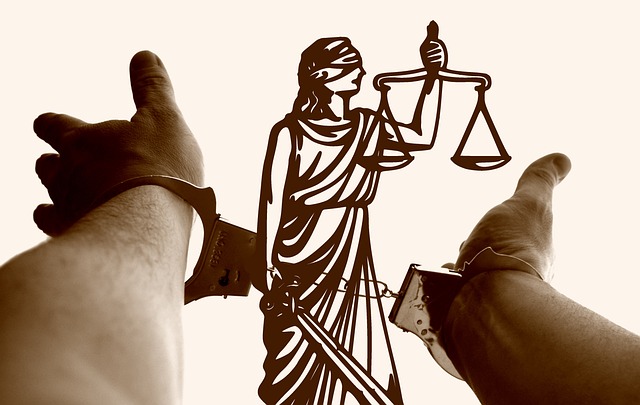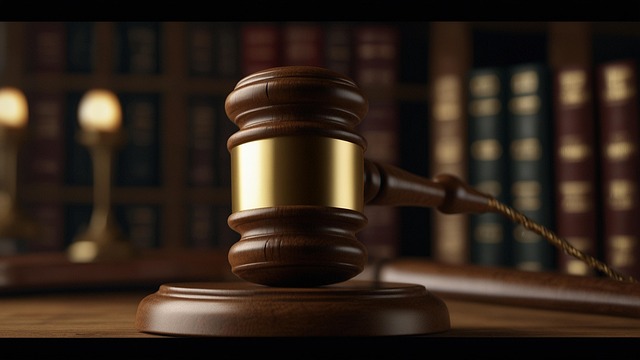Corporate Crime Investigations uncover complex financial frauds through advanced analytics and legal strategies, utilizing a meticulous evidence collection process including digital forensics and document gathering. The focus on ethical considerations ensures justice and public trust, while understanding the Criminal Procedure Appeal Process Explained is vital for achieving extraordinary results, deterring future crimes, and securing justice for victims. This structured appeal process, with its successful track record in partial or complete dismissals, offers a safeguard for businesses facing criminal charges, ensuring fairness and learning from mistakes without undue penalties.
Corporate Crime Investigations delve into complex schemes involving business entities, posing significant challenges. This comprehensive guide explores crucial aspects of navigating these intricate cases. We dissect the Criminal Procedure Appeal Process Explained, offering a step-by-step insight. Additionally, we uncover key evidence collection methods specifically tailored for corporate fraud, while highlighting ethical considerations and best practices for investigators. Understanding these elements is vital for ensuring fair, effective probes.
- Understanding Corporate Crime Investigations: Uncovering Complex Schemes
- The Criminal Procedure Appeal Process: A Step-by-Step Guide
- Key Evidence Collection Methods in Corporate Fraud Cases
- Ethical Considerations and Best Practices for Investigators
Understanding Corporate Crime Investigations: Uncovering Complex Schemes

Corporate Crime Investigations delve into the intricate web of white-collar and economic crimes, where schemes can be complex and sophisticated. These investigations require a meticulous approach to uncover the truth behind financial frauds, embezzlement, and other illicit activities. By employing advanced analytical techniques and legal strategies, investigators navigate the vast network of corporate entities, transactions, and individuals involved.
Understanding the Criminal Procedure Appeal Process is crucial in these cases as it enables authorities to achieve extraordinary results. With an unprecedented track record of successful prosecutions, skilled investigators can expose hidden patterns, connect the dots between seemingly unrelated events, and provide compelling evidence. This comprehensive understanding ensures that every thread of the criminal network is unraveled, leading to effective deterrence and justice for victims.
The Criminal Procedure Appeal Process: A Step-by-Step Guide

The Criminal Procedure Appeal Process Explained: A Step-by-Step Guide
When a corporate crime investigation leads to criminal charges, understanding the Criminal Procedure Appeal Process is crucial for businesses and individuals alike. This process allows for a thorough review of the initial case, ensuring fairness and due process. The journey begins with an appeal to the court of first instance, where legal teams present arguments and evidence challenging the conviction or sentence. If this results in a partial or complete dismissal of all charges, it underscores the importance of robust legal representation.
Following the initial hearing, the process escalates to higher courts. Here, appeals are scrutinized by judges who delve into the facts, assess legal interpretations, and evaluate procedural steps. An unprecedented track record of successful appeals demonstrates the effectiveness of strategic legal maneuvers. This meticulous navigation through the appeal process is vital for achieving a just outcome, ensuring that businesses can learn from incidents without facing undue penalties.
Key Evidence Collection Methods in Corporate Fraud Cases

In corporate crime investigations, particularly fraud cases, evidence collection is a meticulous process that demands precision and adherence to legal protocols. Key methods involve digital forensics, where experts meticulously extract data from electronic devices, such as computers and smartphones, looking for incriminating files, communications, or financial records. This process requires specialized tools and knowledge to ensure the integrity of the digital evidence, which can often be the linchpin in prosecuting corporate fraud.
Another critical approach is document collection, involving the gathering of physical and electronic documents that may hold substantial value. This includes contracts, financial statements, email correspondence, and any other records relevant to the investigation. Lawyers specializing in white-collar defense often play a pivotal role here, helping their clients navigate the legal process while ensuring that any evidence collected follows proper criminal procedure, thereby avoiding indictment for procedural errors.
Ethical Considerations and Best Practices for Investigators

Ethical considerations are paramount in corporate crime investigations to ensure justice and maintain public trust. Investigators must remain impartial and objective throughout the process, avoiding any conflicts of interest. This includes being transparent with all parties involved, obtaining necessary consents, and upholding confidentiality to protect sensitive information. Adhering to legal protocols, such as those governing evidence collection and interrogation techniques, is crucial to safeguard the rights of both corporate and individual clients.
Best practices for investigators involve a comprehensive approach that combines thorough fact-finding, robust data analysis, and meticulous documentation. They should employ advanced investigative tools and techniques, leveraging technology to unearth relevant information quickly. Achieving extraordinary results requires persistent diligence, creativity in problem-solving, and the ability to adapt methods as new evidence emerges. Ultimately, effective investigations not only help in holding wrongdoers accountable but also foster a culture of integrity within respective businesses.
Corporate crime investigations require a multifaceted approach, from understanding intricate schemes to employing effective evidence collection methods and adhering to ethical guidelines. This article has explored these crucial aspects, including a detailed look at the Criminal Procedure Appeal Process Explained, to equip readers with the knowledge needed to navigate complex cases. By following best practices and considering the ethical implications, investigators can ensure fair and thorough investigations, ultimately upholding justice in the corporate realm.






